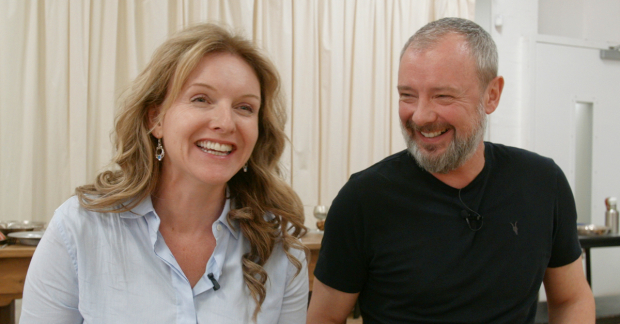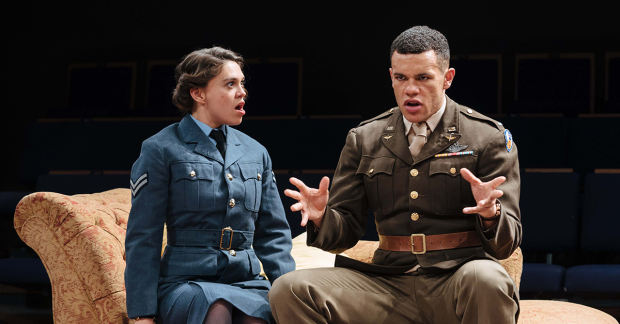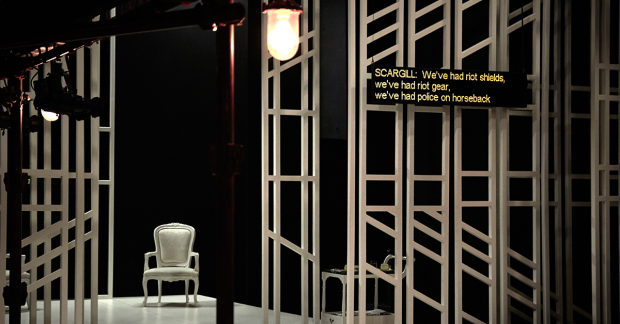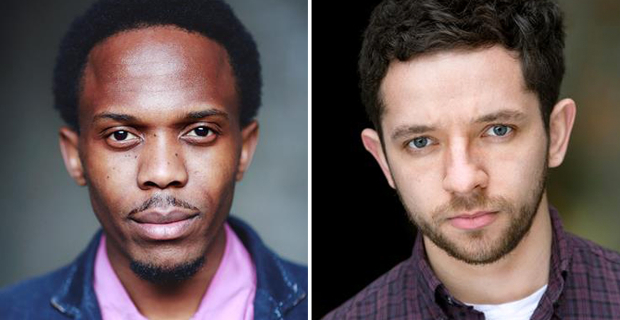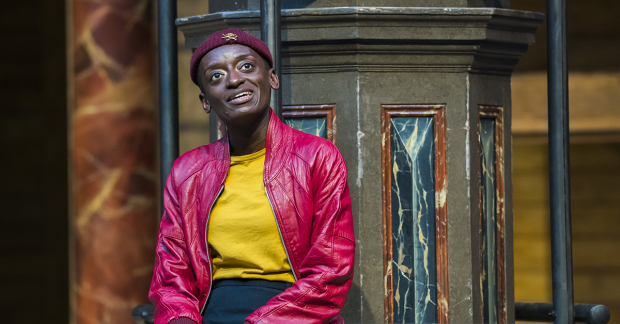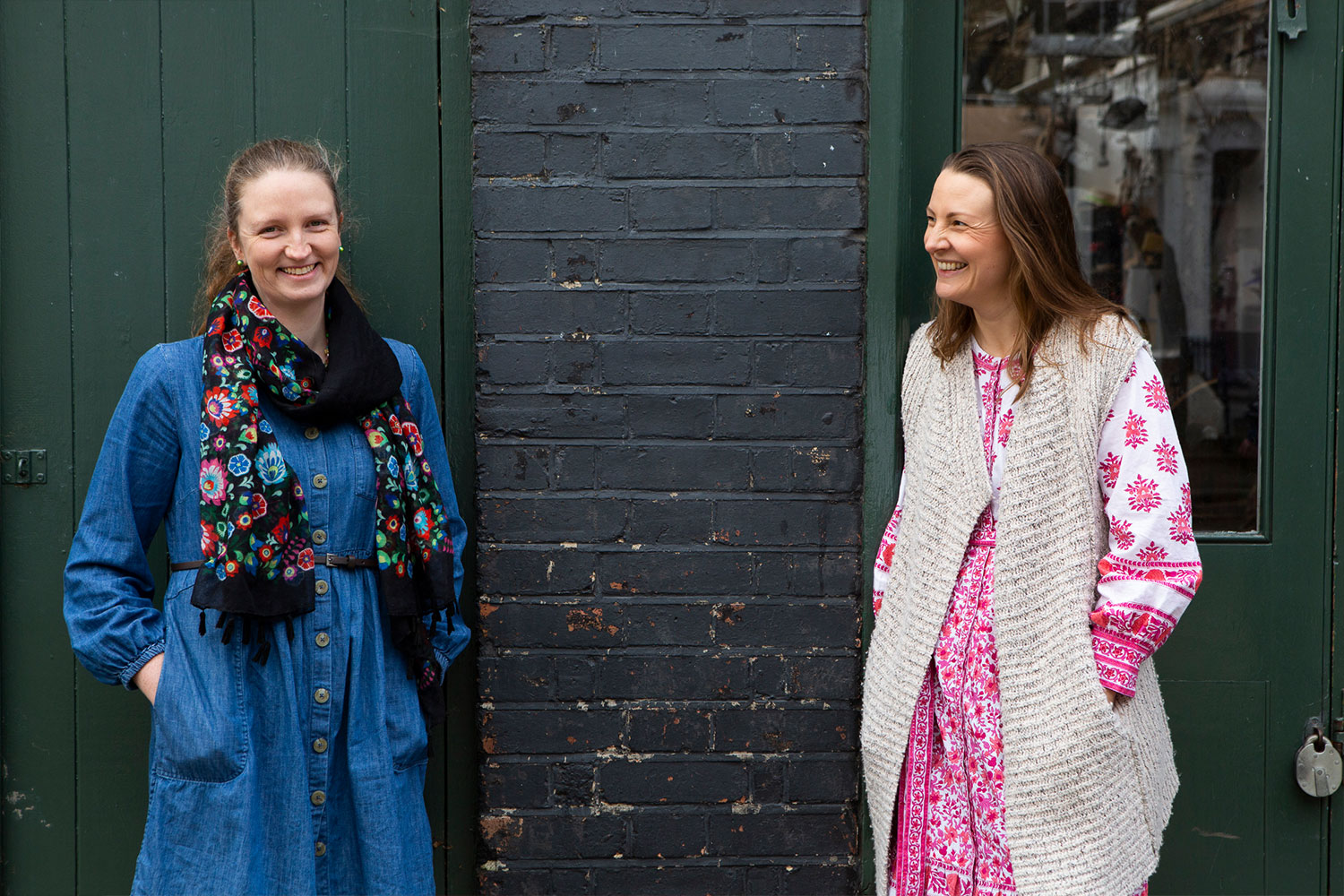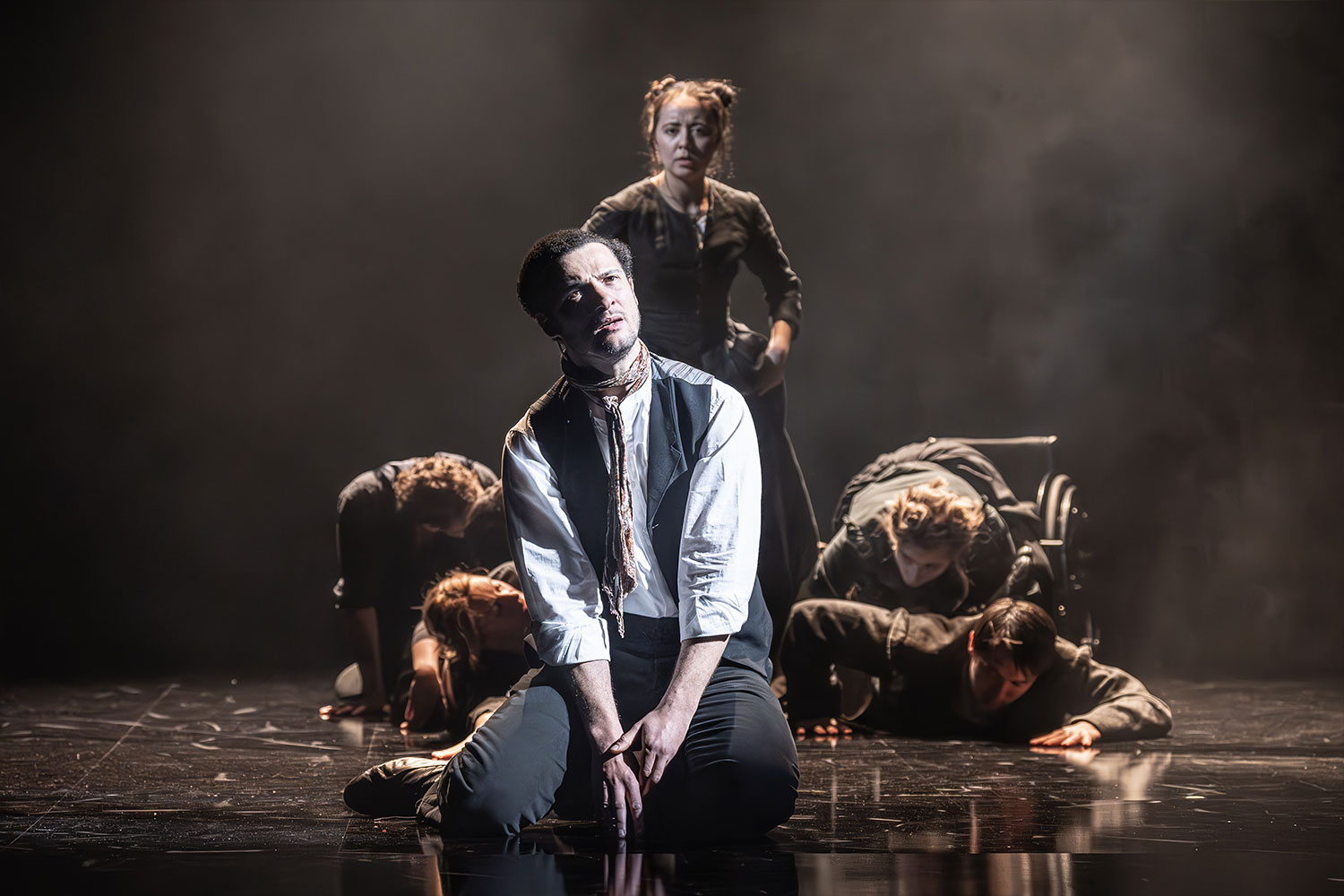Review: Candida (Orange Tree Theatre)
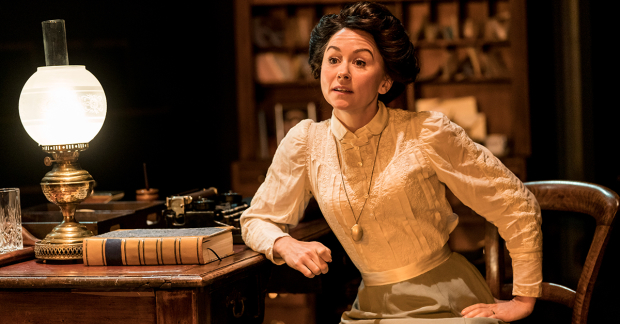
© Johan Persson
Given that this show is named after its leading lady, Candida focusses far too much on men. And Bernard Shaw's work is all the poorer for it.
Two gentlemen fight for Candida 's affections – one of them is a reverend and her husband, one a besotted teenage poet in the throes of youthful adoration. And for the majority of this late-19th century play, the pitiful pair argues and bickers about whom is the more worthy of possessing her. They treat their beloved like chattel, an object to be gambled away or a prize to be won. The entire show – reflected through this male reviewer's gaze – spends much of its time chauvinistically debating the role of women in Victorian society and fails to recognise the potential impact their words might have.
Director Paul Miller makes a confusing though consistent series of artistic choices throughout the production. Why take such a traditional angle when examining the expectations of each spouse in a marriage? Why, in the 21st century, is Candida being treated with as much agency as an inanimate object? Why is the eponymous lead relegated to second place in her own story when there is such potential for her to be the controlling force within it?
For most of the first half, Miller's vision is superficial and lacklustre, the actors delivering their lines with as much fine detail as a faded watercolour painting. In Simon Daw's design of the Victorian office-cum-drawing room – complete with dark wood and heavy fabrics that suck the warmth out of Mark Doubleday's sparse lighting – Candida becomes little more than a series of caricature performances, lacking connection of any kind.
Michael Simkins' Mr Burgess is the most believable – Candida's father is a middle-class businessman who doesn't profess to believe in anything other than old family values where men earn a crust and women bake the bread. Martin Hutson's respectful reverend is overly intense, singularly loud and leaning heavily into every single sentence; Joseph Potter's naïve Mr Marchbanks by contrast is flighty and unsettled, prone to the kind of overacting forgivable in an actor appearing in his professional debut. But together, the two are off kilter and confused in each other's presence, which makes for a wholly unsettling environment.
Thank the Lord for the second half, where Miller's shortened and sharper pacing culminates in the titular lady finally getting her long overdue say. And Claire Lams certainly makes the most of Shaw's words, bringing them to life with precise detail and subtext. Her cutting expressions, pointed comebacks and vicious delivery are as complex and layered as they are devastating. Shaw and Miller's work finally feels cohesive, as together they flip the narrative's gendered power dynamic and create an atmosphere that empowers rather than dampens.
But the fine precision of the play's final third can't make up for the remainder of this show – even Candida's quick wit and fearsome fortitude are no substitute for the drudgery of her male counterparts. Her brilliance burns white hot but the audience is left detached and cold.



